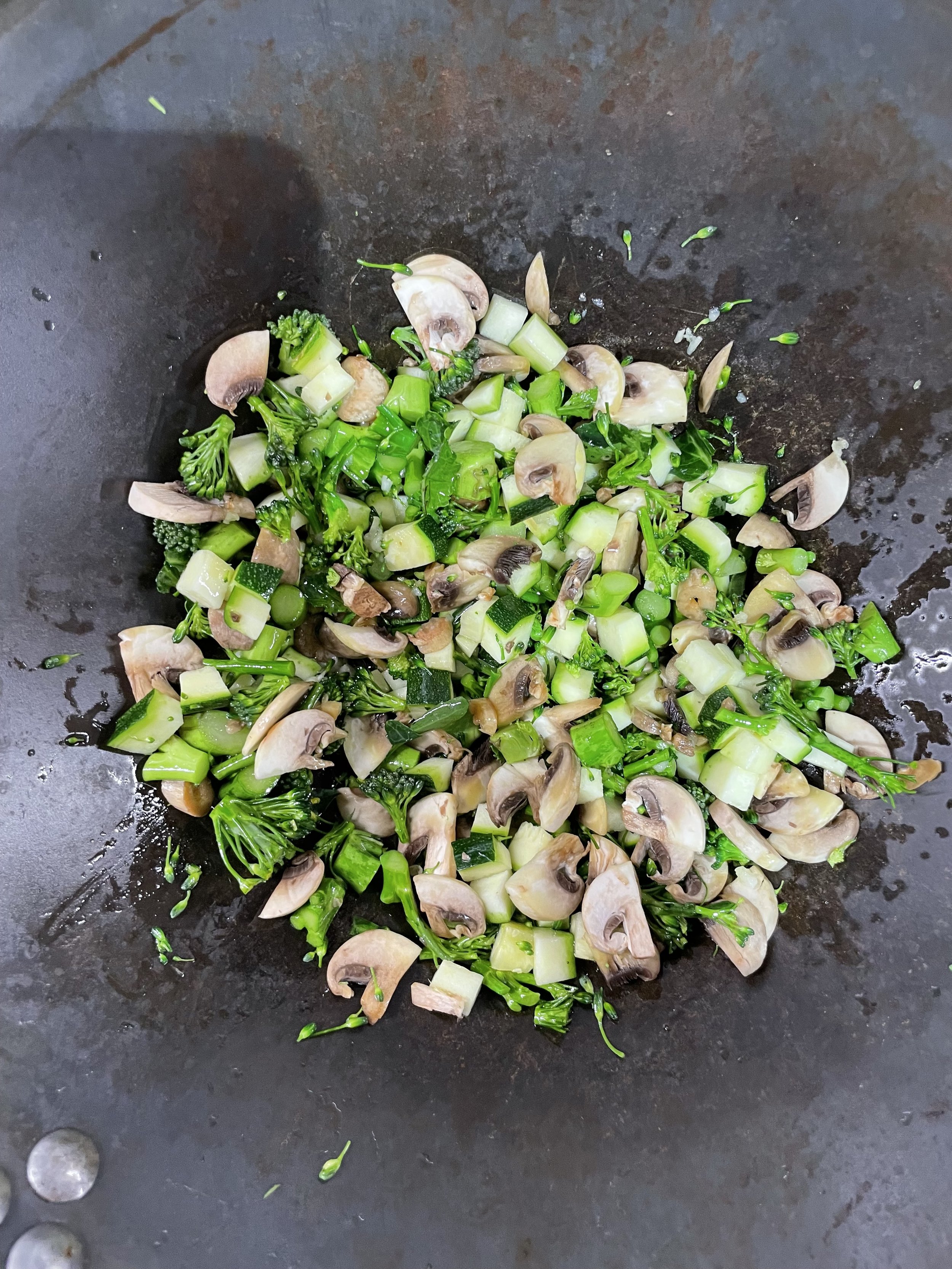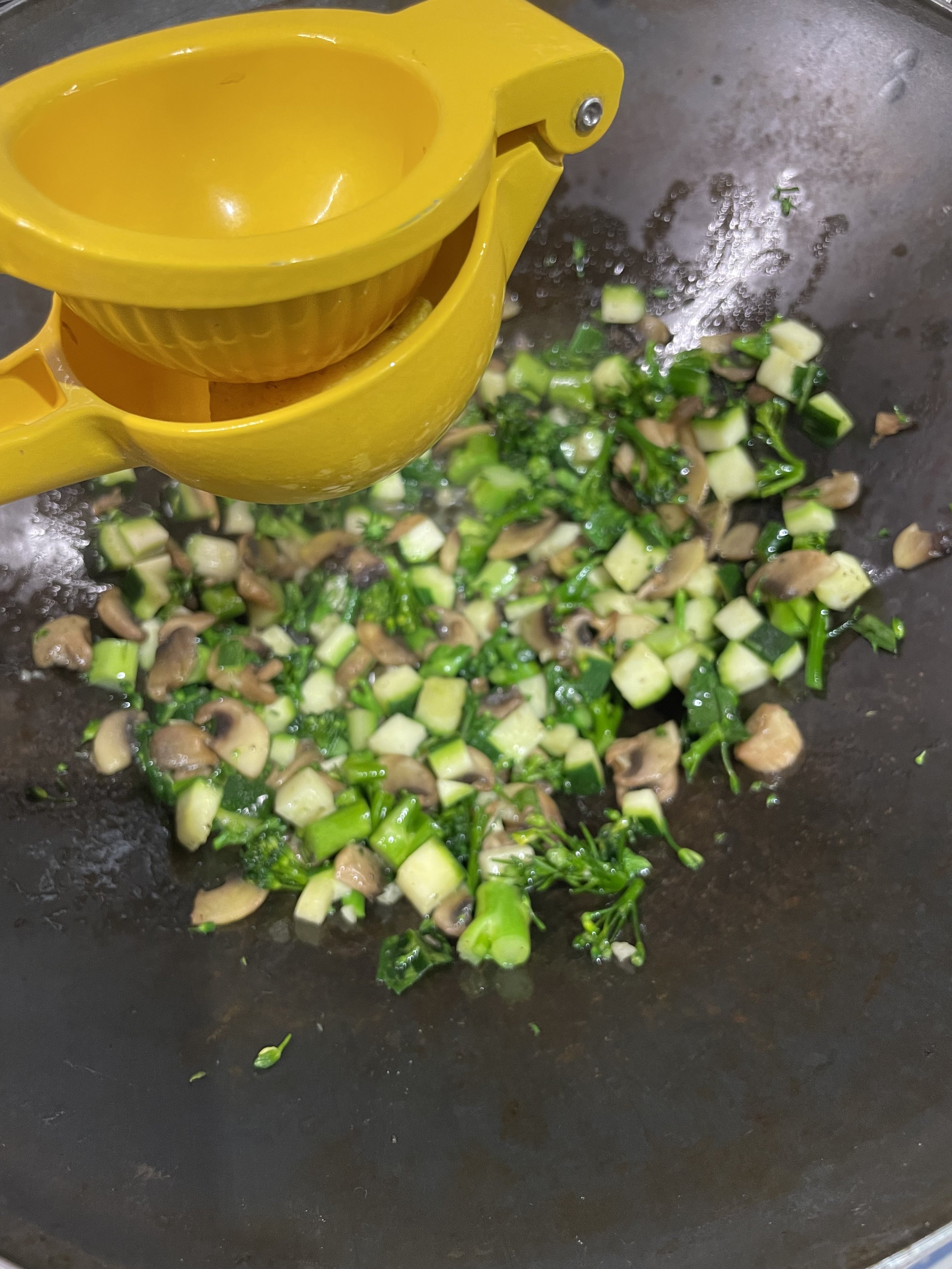Glucose and our wellbeing
I recently read a book that really made a strong impression on me. The book is called Glucose Revolution. Written by Jessie Inchauspé. She’s a microbiologist who has done loads of research on how what we eat affects our glucose levels. What creates spikes, which then cause the glucose levels to drop so that we not only get tired, but also get cravings that lead us to making bad choices in our attempts to manage how we feel.
There are some very simple and straightforward tips in the book that I’d like to share with you. Tips that I have followed for a while now and have felt much better for it. With practically no cravings at all as a result.
First of all; not all foodstuffs are created equal. And I want to emphasise that I am not a chemist, nor a biochemist, but still this made so much sense to me. And it was easy to grasp.
We’ve all heard nutritionists talk about how important fibre is. Jessie Inchauspé explains it like this: It reduces the action of the enzyme that breaks down starch into glucose molecules. Starting any meal with vegetables, she says, is like putting stuff on the bottom of a sink, so that anything that is to move through from the sink to the pipe moves more slowly. Veggies - fibres - makes it harder for the glucose to make it through to the bloodstream. Causing less of a spike.
So the bottom line is: When you start your meal, any meal, start with having vegetables. The fibres will slow down the process so that the glucose levels rise much more slowly. After having had vegetables, next we should have our proteins and only last any carbohydrates. If for some reason or other you aren’t able to start a meal with veggies, have a glass of applecider vinegar, a table spoon in a glass of water, and that will help reduce the spike.
This is a favourite veggie starter of mine, quickly made in the wok pan with salt and pepper, and then a little freshly squeezed lemon juice to top it off.
After that I continue with the rest of the meal. And when eating like this I feel full for much longer and don’t get cravings. Which by the way, according to research often is a sign of the meal containing too little protein.
If you then want something sweet, make sure to have it after having had your veggies, proteins and carbs, at the very end of a meal. That way, because of the “sink effect”, the sugar won’t cause the same type of glucose spike it would if you had your sweets on an empty stomach.
These simple tips have made a huge difference for me. And that is why I wanted to share them with you. It is not a diet, it is about eating your food in a certain order so that glucose levels stay moderate. So that, over time, you don’t develop different ailments related to high glucose levels.
Happy eating!







